Electricity for Boys
Book Excerpt
The first attempt to "bottle" electricity was attempted by Muschenbr[oe]ck, at Leyden, who conceived the idea that electricity in materials might be retained by surrounding them with bodies which did not conduct the current. He electrified some water in a jar, and communication having been established between the water and the prime conductor, his assistant, who was holding the bottle, on trying to disengage the communicating wire, received a sudden shock.
In 1747 Sir William Watson fired gunpowder by an electric spark, and, later on, a party from the Royal Society, in conjunction with Watson, conducted a series of experiments to determine the velocity of the electric fluid, as it was then termed.
Benjamin Franklin, in 1750, showed that lightning was electricit
Editor's choice
(view all)Popular books in Science Fiction, Adventure, Romance, Non-fiction
Readers reviews
Why? Zerbe believed this electric current would stimulate growth and '...promote a robust physique.' Zerbe wanted to create '..an Army of gigantic and muscular American males able to serve our nation during times of war.' He further believed during times of peace, '..such an Army could be used in the sporting arts; in particular American Football.'
How absurd...or is it?
- Upvote (0)
- Downvote (0)
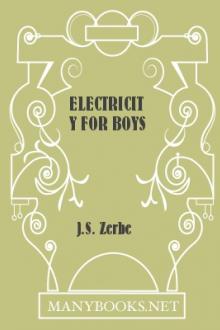
 Free Download
Free Download

















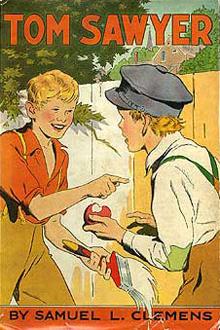
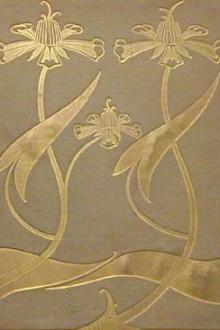
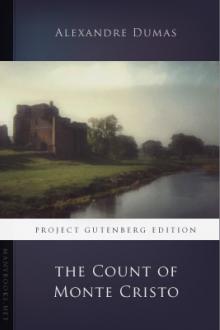
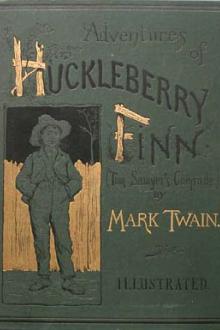


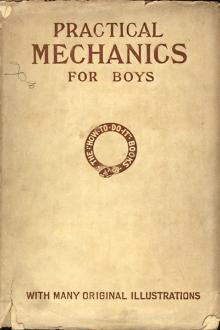

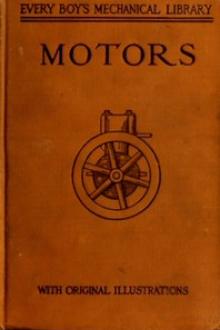
-itok=vcKIB5v1.jpg)